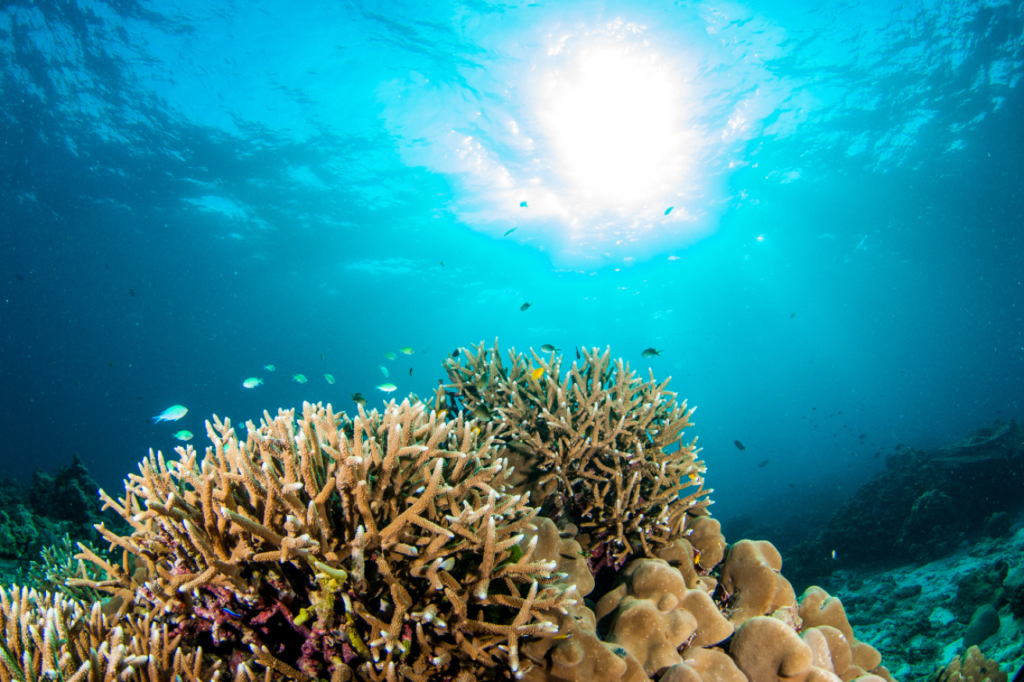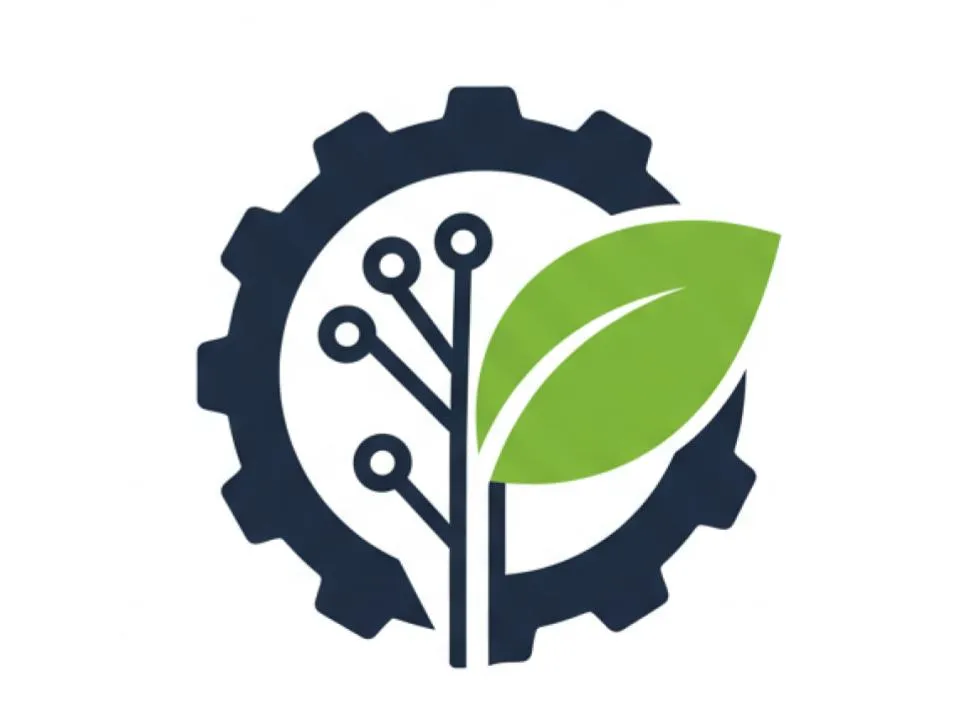
Coral Conservation Framework
AI-Driven Solutions for Bleaching and Sustainable Priorities
This research created a machine learning model to help protect coral reefs from bleaching, a process that happens when corals lose their algae due to stress, often caused by climate change. The model predicted coral bleaching with high accuracy and used another method to forecast important environmental factors for the future. Based on these results, the study introduced a scoring system called the Intervention Priority Score (IPS) to rank coral colonies by how urgent it is to protect them, considering both environmental and economic importance. This framework can help guide efforts to save coral reefs.
URBAN
Deep Learning for Sustainable Urban Growth and Agriculture
This research introduced URBAN, a deep learning model that studies how city growth affects farming, especially in developing countries where both are growing quickly. The model used geospatial data to predict how much crops would grow in different areas over time, achieving accurate results with a small error margin. Unlike past studies, this project focused on how expanding cities can reduce crop yields and provided insights to help policymakers make better decisions about where cities should grow and how to protect farmland.


Sustainable Water Management
AI for Accurate Snow Water Forecasting
This research focused on predicting snow water equivalent (SWE), a key freshwater source for over 1.5 billion people. Using satellite data from NASA (2002–2011), the study analyzed factors like snow water levels, temperature, precipitation, and water vapor to forecast monthly SWE with high accuracy. By incorporating advanced AI techniques, the model created detailed maps to help visualize snow water availability. These insights can guide decisions in irrigation, flood control, drought management, and power generation, providing an accessible tool for managing freshwater resources in a changing climate.
Predicting Coral Decalcification
Developing a Trackable ML Model
This research focuses on using past data to detect and address anomalies in the ocean to predict coral reef decalcification. The project aims to develop a new machine learning model that can be tracked effectively, exploring innovative approaches. This project is in progress.


